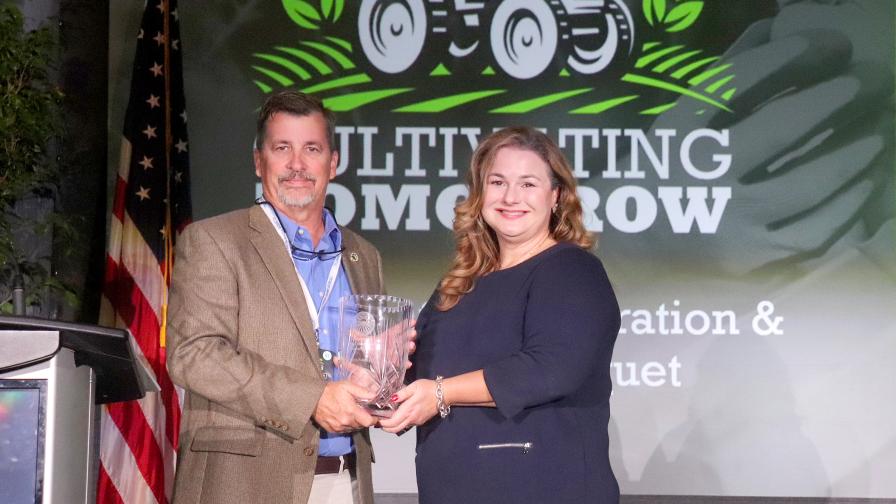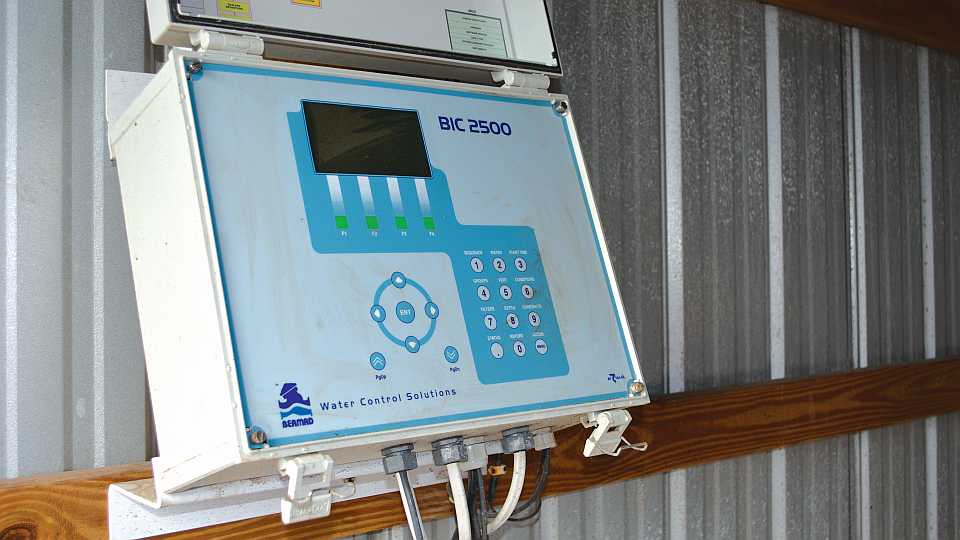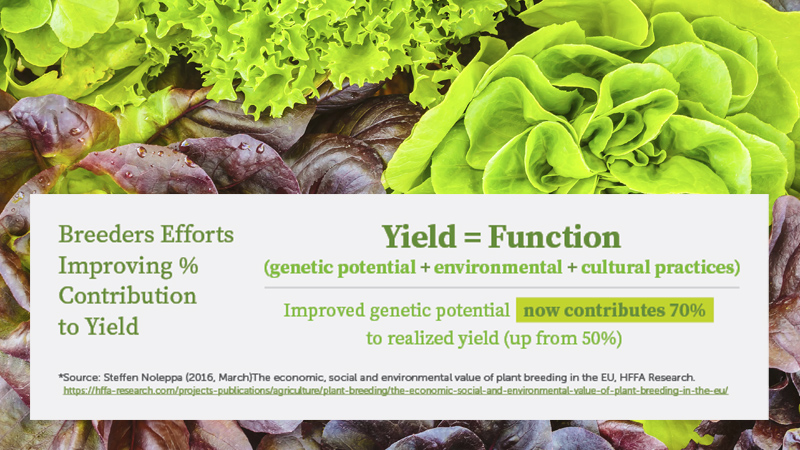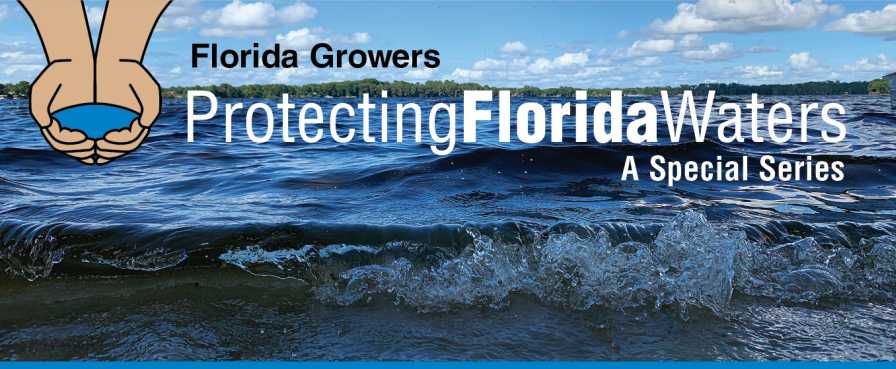Winning for Florida Waters: Tater Farms Recognized for Conservation Efforts

Deborah Tannenbaum, Deputy Commissioner of Agriculture (right), presents Eric Hjort, Tater Farms General Manager, with the Commissioner’s Agricultural-Environmental Leadership Award at a special breakfast during the recent Florida Farm Bureau Convention.
Photo courtesy of FDACS
For 27 years, the Florida Department of Agriculture and Consumer Services (FDACS) has recognized innovative growers who have taken measures to conserve water and preserve its quality through its Commissioner’s Agricultural-Environmental Leadership Award.
Many of those growers have been featured in the pages of Florida Grower® magazine. Such is the case this year. Hastings-based Tater Farms was among the 2021 award winners and was featured as the cover story in the magazine’s January 2020 issue.
Diversification
Tater Farms was established in the mid-70s by husband-and-wife team Frank and Polly Johns. The farm was founded on potatoes and cabbage. But for various reasons, both crops were phased out — cabbage in 2005 and potatoes in 2011.
In 2005, turfgrass was planted on the farm for the first time. Sod evolved as the main crop over the years and has grown to 2,600 acres of improved grasses (Zoysia, Saint Augustine, and Bermuda) and about 1,500 acres of Bahia. The farm also has a commercial and residential grass installation service.
More recently, Tater Farms has begun growing citrus. They have planted the WG Roe & Sons proprietary variety ‘Juicy Crunch’ tangerine. The variety is easy to peel and virtually seedless, and more importantly, sweet and tasty.
Polly kept the farming tradition going strong after Frank passed away in 2014. Eric Hjort came to work for Tater Farms in 2006 as General Manager to help with the emerging turfgrass operations and the transition of generations on the family farm.

Soil moisture sensors and precision irrigation controls are utilized to optimize irrigation and fertigation applications at Tater Farms.
Photo by Frank Giles
Precise Irrigation
The attention Tater Farms pays to water protection was a key factor in being selected as a winner of the Environmental Leadership Award. The farm is located in the St. Johns River Basin Management Plan (BMAP) area. The Tri-County Agricultural Area is one of the most closely watched areas when it comes to water use and quality. In fact, the St. Johns was the first BMAP in the state of Florida.
Tater Farms is following the state’s best management practices (BMPs) for both its sod and citrus production. They have applied for and received cost-share assistance on several water conservation projects, including drain tile and overhead center pivot and lateral irrigation. The irrigation technology has cut water usage by half. The drain tile has reduced runoff and phosphorus and nitrogen leaching by as much as 40% to 50%. The farm also has received approval to use reclaimed water for some of its overhead irrigation applications.
“Initially, there was a lot of chaos surrounding the BMPs, and it gave the area’s potato growers a lot of heartburn because of the fertilizer rate being recommended,” Hjort says. “There was some pushing back and forth, but then after good collaboration between growers, UF/IFAS, and the other regulatory agencies involved, some funds were put on the table so growers could do some experimental cost-share programs to conserve water without sacrificing yields. If you can show something will reduce water use and improve water quality, there are cost-share opportunities to be had.”
The series of “Protecting Florida Waters” stories investigate how production practices, equipment, and technology are helping growers in the Sunshine State do more to protect water.











